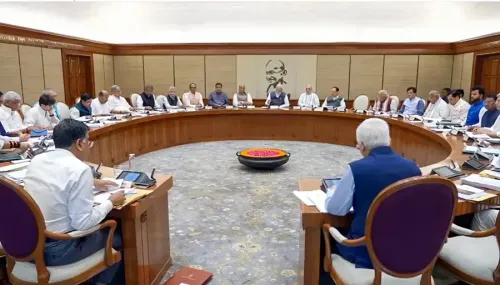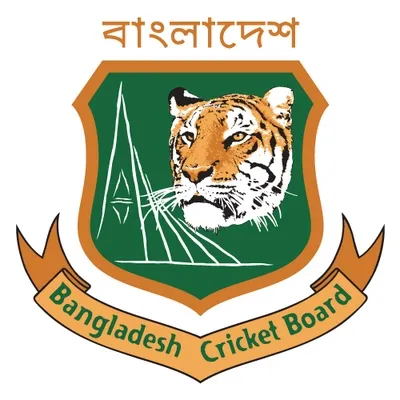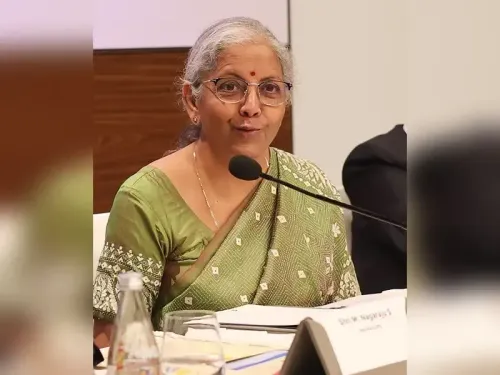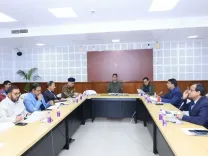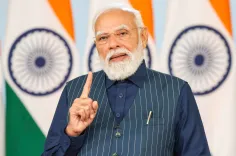How Did the Military Civil Fusion Conduct a Joint Earthquake Response Exercise in Arunachal Pradesh?
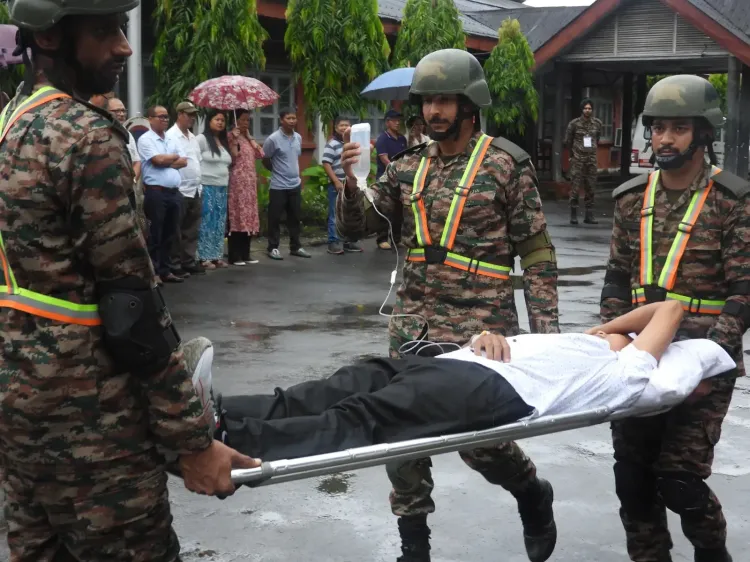
Synopsis
Key Takeaways
- Enhanced collaboration between military and civil agencies is crucial for disaster response.
- Preparedness drills improve the efficiency of emergency services.
- The importance of rapid deployment of search and rescue teams was emphasized.
- Improved communication networks are essential in crisis management.
- Disaster management requires a shared responsibility among various stakeholders.
New Delhi, Sep 18 (NationPress) In a remarkable show of preparedness and unity, the Indian Army, State Disaster Response Force, Police, Indo-Tibetan Border Police, and Civil Administration collaborated to execute a large-scale earthquake response mock drill in Along, West Siang District of Arunachal Pradesh on Thursday.
This exercise simulated a powerful 7.8 magnitude earthquake at five different locations, aimed at testing the speed, coordination, and efficiency of various responding agencies under realistic conditions.
“Search and rescue teams, alongside specialized medical units, were rapidly deployed, while the Incident Response System framework was rigorously assessed in action,” stated a defence official.
The mock drill underscored essential elements of disaster readiness: improved communication networks, enhanced logistical support, and seamless coordination between military and civil agencies.
“By collaborating closely, the involved forces showcased how collective action can reduce casualties, facilitate swift relief, and restore normalcy post-disaster,” the official further remarked.
This exercise served not only as a test of operational capability but also as a reaffirmation of the strong bond between the armed forces and the civil administration.
It highlighted that disaster management is a collaborative effort, necessitating synergy, trust, and mutual support.
In a similar vein, the NCC Directorate Northeastern region conducted an earthquake response mock drill as well. “215 SD/SW Cadets from 2 AP Bn NCC actively participated in a Mega Mock Drill on Earthquake organized by NDRF in Tawang, West Kemang & Bichom Districts of Arunachal Pradesh.
The goal of the exercise was to boost preparedness, response, and rescue skills to save lives during emergencies and natural disasters,” commented an official from the NCC Directorate Northeastern region on X.
The success of this drill underscores the commitment of all stakeholders to protect communities, bolster resilience, and instill confidence among the residents of Arunachal Pradesh.
Collectively, these coordinated efforts convey a powerful message: during crises, the strength of unity serves as the most formidable shield for society.



